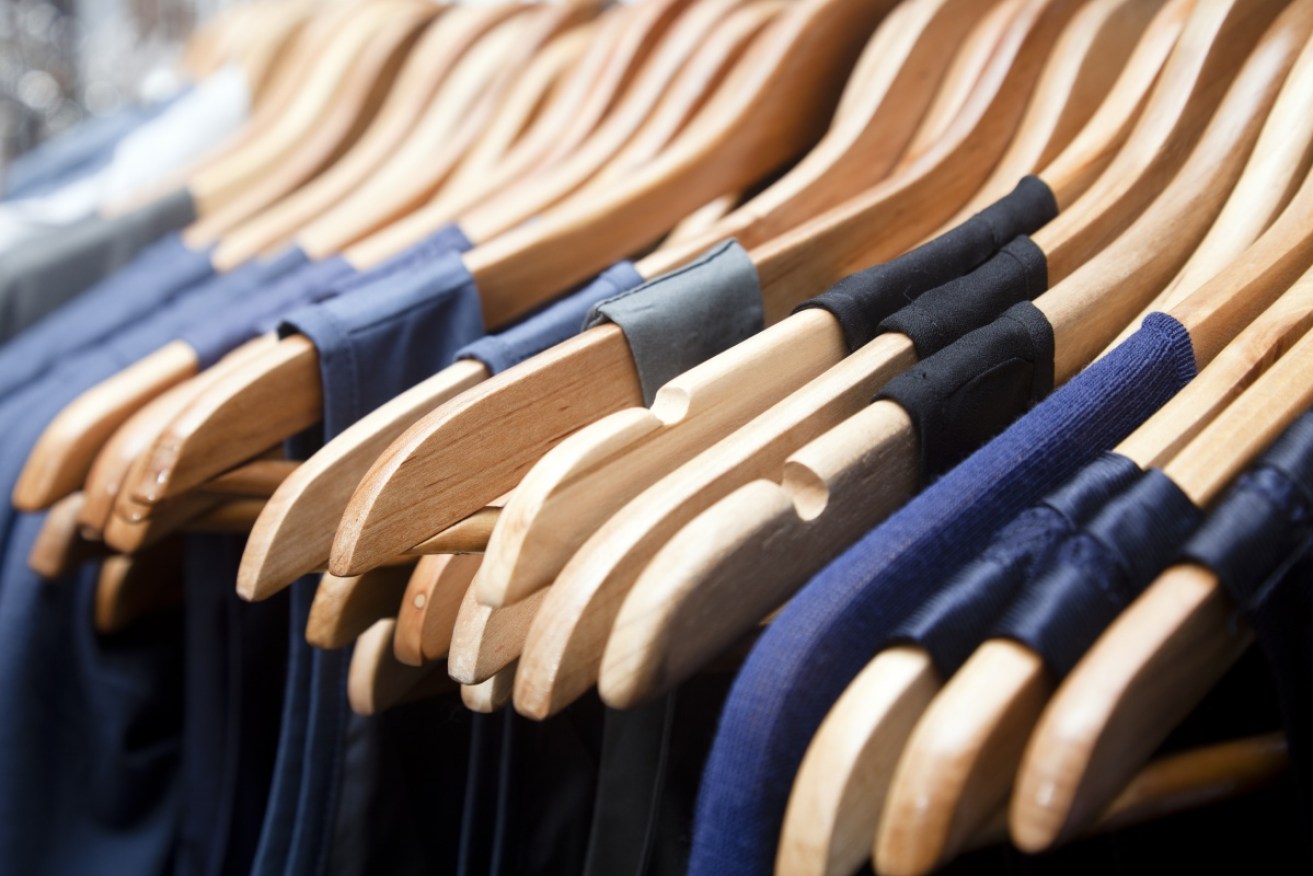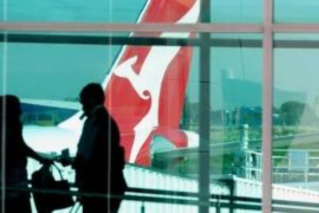Slave labour rampant: Australian consumers betrayed by gaps in law

The problem is worst in India, China, Pakistan and Bangladesh, which produce cheap goods for Australia. Photo: Getty
Consumers and investors have been warned they could be supporting the modern equivalent of slavery without knowing it because of a gap in the law.
A Senate inquiry was established in February to review whether Australia should legislate a Modern Slavery Act, similar to the one enacted in the UK in 2015.
The Salvation Army, Wesfarmers, and businessman and philanthropist Andrew ‘Twiggy’ Forrest were among the latest to give evidence at a public hearing on June 23.
There are suspicions about clothing from Bangladesh, India and Pakistan, toys from China, tinned tuna from Thailand, electronics assembled in Malaysia and many other cheap imported goods. But shopping ethically is a difficult task, as Australian companies are not obliged to investigate.
Oxfam Australia CEO Dr Helen Szoke called on Parliament to force local companies to monitor, report and eradicate slave labour from their supply chains, with penalties for non-compliance.
“Modern slavery can be hidden in complex global supply chains and companies are often not even aware of the serious human rights abuses that take place under their watch,” Dr Szoke told The New Daily.
“Tackling modern slavery requires companies to take active steps to identify human rights abuses in their supply chains and greater transparency is vital if we’re to effectively address this problem.”
Division 270 of the Commonwealth Criminal Code outlaws slavery, and it applies to Australians overseas, but it can be difficult to prosecute corporations. And because there is no requirement to monitor and report, the full extent of the problem is unknown.

‘Modern slavery’ refers to all forms of coerced labour, including child slavery, human trafficking, forced prostitution, forced criminality and domestic servitude. Photo: Getty
In 2012, the International Labour Organisation (ILO) estimated that 21 million people worldwide were ‘slaves’, with 55 per cent female and 56 per cent living in the Asia-Pacific region.
Last year, the Walk Free Foundation, an initiative of Andrew Forrest’s Minderoo Foundation, estimated a much higher figure of 45.8 million globally – including 4300 ‘slaves’ in Australia.
Jenn Morris, CEO of Walk Free, said the “abhorrent crime” of modern slavery is relevant to all Australians not just because of the consumer goods we buy – but also because there are people enslaved within our borders.
Ms Morris gave the example of two Taiwanese men convicted in Brisbane this year under Division 270. The men had imprisoned 24 workers inside a house, forcing them to operate a call centre 16 hours a day.
“The court found this was a clear case of ‘servitude’, an offence many of us would think died out hundreds of years ago.”
While this was proof that current laws work, Australia needs a Modern Slavery Act to hold domestic companies operating overseas to account, Ms Morris said.
“The challenge is to find ways to ensure that companies who may have turned a blind eye, or had their heads in the sand, will take steps to look at what is going on in their supply chains.”

Walk Free founding chairman Andrew Forrest, seen here giving evidence to the Senate inquiry, has been instrumental in bringing attention to modern slavery. Photo: Walk Free
Research by human rights lawyer Kristen Zornada has revealed that Australia’s only government body charged with hearing complaints of human rights abuses by Australian businesses abroad – the Australian National Contact Point – is poorly funded and was, until recently, staffed by a single public servant.
The ANCP cannot compel companies to take part in its processes, has no enforcement powers, and its determinations (if it made any) are non-binding. Since 2005, it has received 15 complaints but issued zero determinations.
Ms Zornada backed calls for a Modern Slavery Act, provided it required Australian companies to eradicate slave labour from their supply chains, not just report on it.
“Regular Aussies can assist in preventing global worker exploitation by being conscious in their consumer choices and choosing not to support businesses that aren’t transparent about their supply chains,” she told The New Daily.
“It’s easier said than done, because it’s not always easy to get information about a company’s supply chains, nor is it necessarily feasible to rush out and replace everything you own with fair trade products.”
Trade unions such as United Voice strongly supported the calls for action, but cautioned the inquiry not to regard slavery as separate from other forms of worker exploitation, such as underpayment.
There are critics of the proposed Act. Deakin University legal expert Dr Nicole Siller submitted that it would merely re-categorise offences already outlawed. She argued instead for existing laws to be simplified and strengthened.
The ILO and Walk Free will provide updated estimates of global slavery to the United Nations in September.








